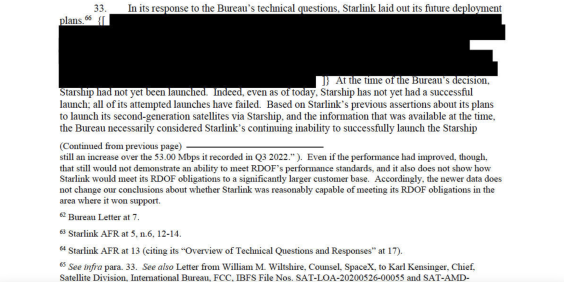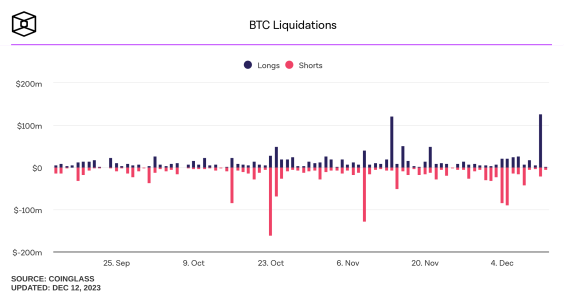This is not investment advice. The author has no position in any of the stocks mentioned. Wccftech.com has a disclosure and ethics policy.
Online retailer and cloud services provider Amazon.com,Inc (NASDAQ:AMZN) is one of the few stocks that have managed to generate returns amidst the widespread index devastation that took place in 2020's first calendar quarter. Throughout the course of the year, Amazon has been expanding the scope of its retail operations as it deals with increases in online grocery shopping and record demand for products catering to healthcare, telecommunication and productivity.
These developments have shifted focus away from the other end of Amazon's business – one that is equally poised to benefit from the changed spending dynamics of this year. The company's online hosting services and server products will be a key investor focus as we head towards the earnings release for what might be one of the most crucial quarters (fiscally) in recent history.
To that end, analytics services provider IHS Markit (NYSE:INFO) has selected Amazon Web Services (AWS) as its preferred web hosting structure revealed Amazon through a press release earlier today. The decision will allow the services provider to shift its different products on Amazon servers.
Amazon Will Cater To IHS Markit's Data Processing and Application Demand As Analytics Firm Shifts To AWS
Through the shift, IHS claims that it will be able to improve its current utilization of the data insights offered by Amazon's AWS. This will enable the company's global customer base to utilize real-time data for holistic decision making and risk reduction. The current pandemic has revealed the importance of real-time insights for swift corporate decision making during a time of crisis, as in the early stages of the outbreak sellers and shippers all over the world struggled to deal with supply gluts resulting from government-imposed lockdowns.
Amazon's Graviton processors are an example of how British chip house ARM's designs can be used to compute datacenter workload. In addition to the Graviton lineup, the company also offers silicon from both Intel Corporation (NASDAQ:INTC) and Advanced Micro Devices (NASDAQ:AMD) for its cloud customers. Intel and AMD's chips are based on the x86 microarchitecture, which is better optimized for heavier workloads unless ARM-based chips perform in clusters.
The Graviton2, which is the latest of Amazon's chips is fabricated on TSMC's 7nm node and packs 30 billion transistors. At the time of the processor's launch, Amazon claimed that the Graviton2 will match Intel and AMD's performance with the EC2 inferences, with the chip also showing impressive SPEC performance upgrades over its predecessor.

Amazon's Graviton2 processor delivers improved latency for the compute-intensive M6g instances. (Image Credit: Amazon)
IHS' decision is a crucial win for Amazon as it shows the diversity of the company's revenue streams. With constraints on processor designs relaxing over the years due to manufacturing advances, the datacenter market has grown in importance as tech heavyweights such as Intel and NVIDIA Corporation (NASDAQ:NVDA) fight for customers in the lucrative space. Products targeting this arena are not limited to central processing units either, with graphics processing units (GPUs) also providing companies such as NVIDIA and AMD with alternative revenue streams.
Santa Clara chip giant Intel is a late entrant in the GPU arena, with the company only recently having debuted the Ponte Vecchio (Xe) GPU late last year. With earnings season nearly upon us, it's time to see the extent of the demand uptick for HPC workloads and other server-based products such as telecommunications' impact on revenue for companies including Amazon and AMD.
For Amazon, success with datacenter products such as the Graviton2 will also provide it with an important core competency that will prove valuable in the company's plans for vehicle automation. The retailer's massive delivery network is the perfect candidate for driver-less vehicles, with the tech application holding merit in terms of revenue generation and service streamlining and risks in the form of the difficulty of managing a network as large as Amazon's.
At the start of trading today Amazon's shares dropped 0.85%, as they echoed a trend witnessed during premarket trading. The drop lags the NASDAQ-100 index, which is down 0.2%, and over the course of the last six months, the retailer's shares have appreciated by roughly 40% with the start and end period share price values being $1898/share and $2660/share respectively.













